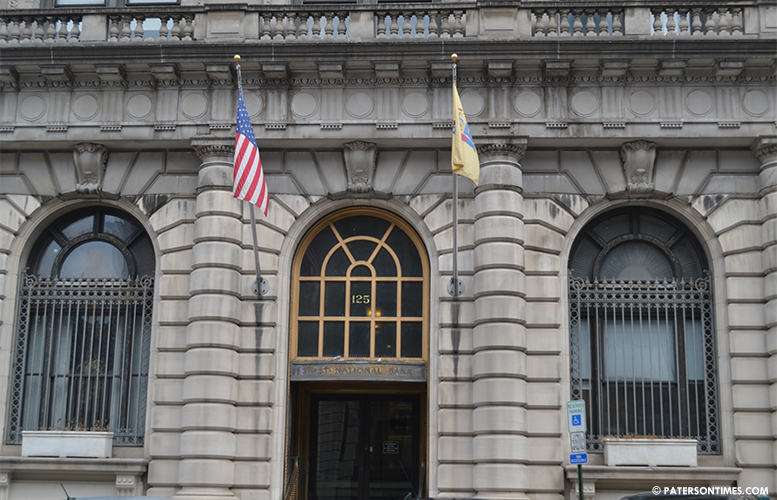The city this month made its fourth payment of $439,413 to repay $2.2 million to the United States Department of Housing and Urban Development (HUD) after a 2009 audit found $3.9 million in Community Development Block Grant (CDBG) was expended on unsupported and ineligible projects.
Municipal officials agreed to repay the $2.2 million over a five-year period in 2011. Since then, city taxpayers have paid 80-percent of that sum. One additional payment remains, according to city records.
The city was forced to re-pay the funds after HUD’s Office of Inspector General conducted an audit of CDBG spending covering July 1st, 2014 through June 30, 2008 to find wide spread irregularities: contracts were awarded without competitive bidding, three employees were funded through federal dollars who performed tasks unrelated to the program, and leased three fire trucks contrary to HUD regulations, according to the audit report issued on December 18th, 2009.
“The city did not always have adequate controls over program operations to ensure that funds were only disbursed for eligible activities,” reads the audit report.
Findings in the 2009 audit included:
• City did not remit $6,262 interest it earned on the CDBG dollars parked in a bank account
• Two demolitions, 99 North Main Street and 108 North 2nd Street, were paid using CDBG money but were not recorded in Integrated Disbursement and Information System (IDIS)
• The audit found discrepancies in disbursements recorded and actually expended for certain demolitions. IDIS showed $14,900 disbursed for 65-67 Market Street demolition, but the actual disbursement was $88,580.
• Two properties for which the city spent $370,334 for demolition did not have supporting documentation
• The city also did not return income it made by selling properties that had structures which were demolished using CDBG funds
• $286,600 disbursed for employees’ salaries and other operating expenses for the Great Falls Historic District Cultural Center from 2004-7 under the guise it would serve low and moderate income persons, city public school students. “Documents in the activity’s file and inquiries of City and visitor center staff revealed that a majority of visitors were not Paterson school children or residents of Paterson,” reads the audit.
• ”Contrary to HUD requirements, the City charged $263,141, representing the first annual payment for the lease of three ladder fire trucks to the CDBG program,” reads the audit.
• The $150,000 third floor renovation of a public building that provided social services was improperly awarded to a contract who was the sole bidder and was already doing other work on the site
• The city spent $250,000 to renovate another public facility that provided adult daycare and counseling to families, but it did not have any supporting documentation to support the expense
• The city spent $345,840 to renovate a pedestrian bridge, but did not have supporting documentation to justify the expense under the CDBG program
• The Paterson Pride Program home rehabilitation contracts went to six companies without proper competitive advertising. The city put a text message on its public access channel. “City did not meet the requirement of free and open competition as required by federal and local regulations,” reads the audit.
• “Review of the procurement of 22 demolition contracts revealed that five were publicly advertised but the remaining 17 were selected using a nonadvertised list of contractors,” reads the audit.
The audit found $640,806 in ineligible disbursements and $3,707,142 on unsupported expenditures. Ineligible is defined as costs charged to HUD-financed program or activity that is not permitted by federal regulations.
Unsupported is defined as charges to the program without clear eligibility determination. “Unsupported costs are those costs charged to a HUD-financed or insured program or activity when we cannot determine eligibility at the time of the audit,” reads the audit report.
The infractions for which taxpayers so far have paid $1,757,652 occurred under mayor Jose “Joey” Torres’ previous stints as mayor. Jeffery Jones, who came into office in 2010, signed the agreement in December 2011, whereby the city pays back the funds in installments. The agreement was ratified unanimously by the city council the same month.
Torres did not respond to a call for comments for this story on Monday morning.
